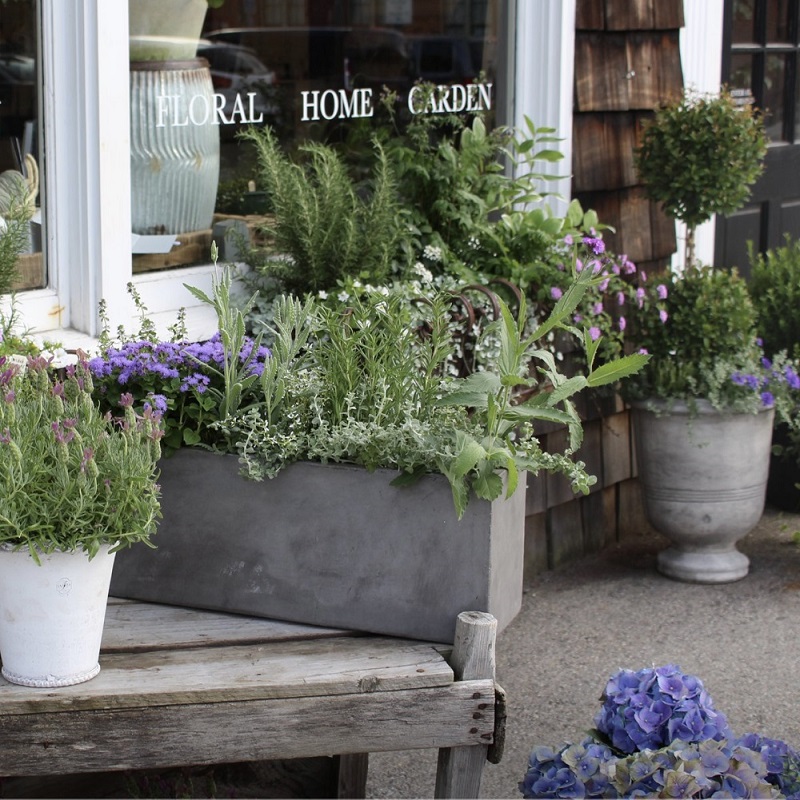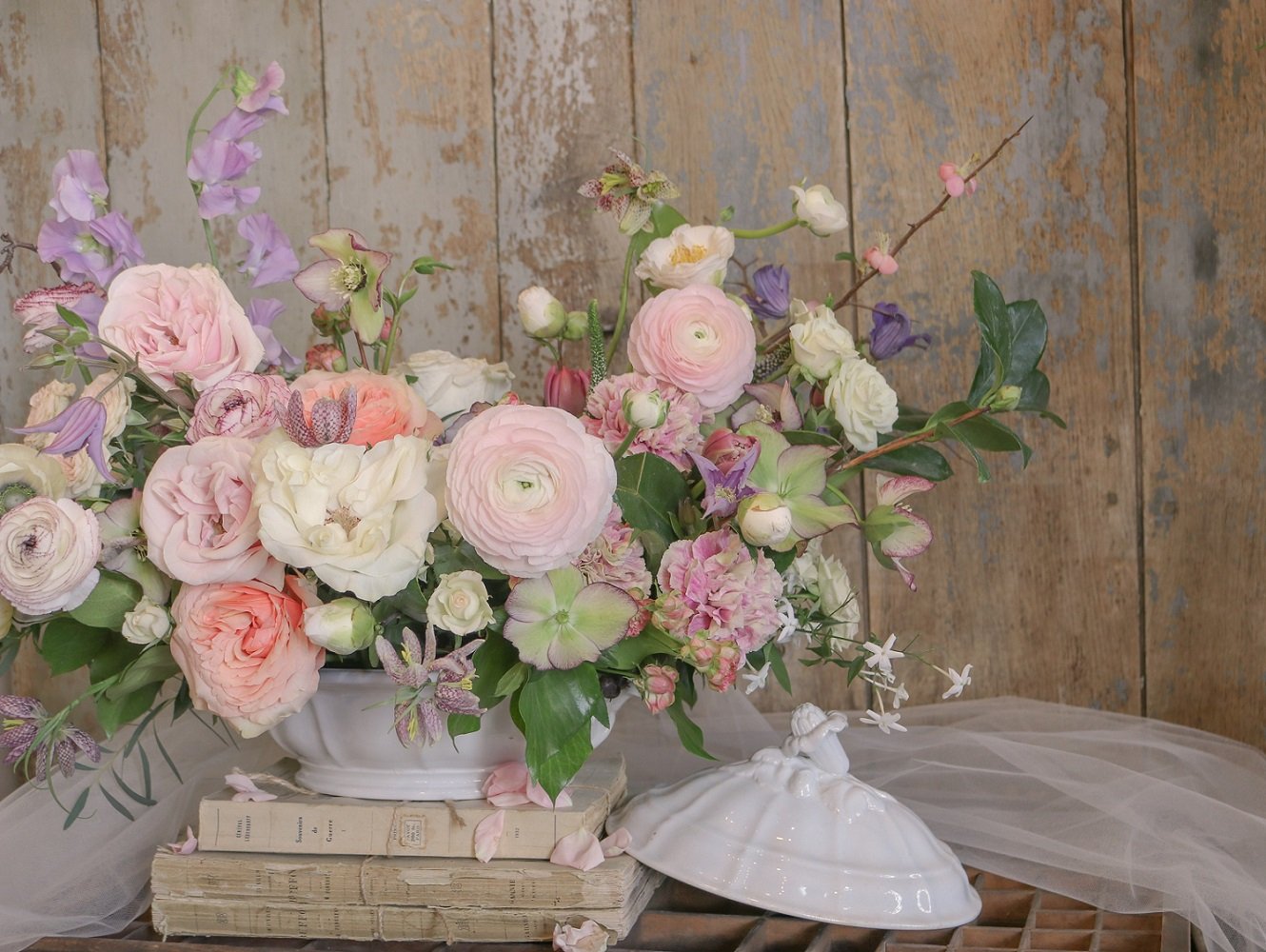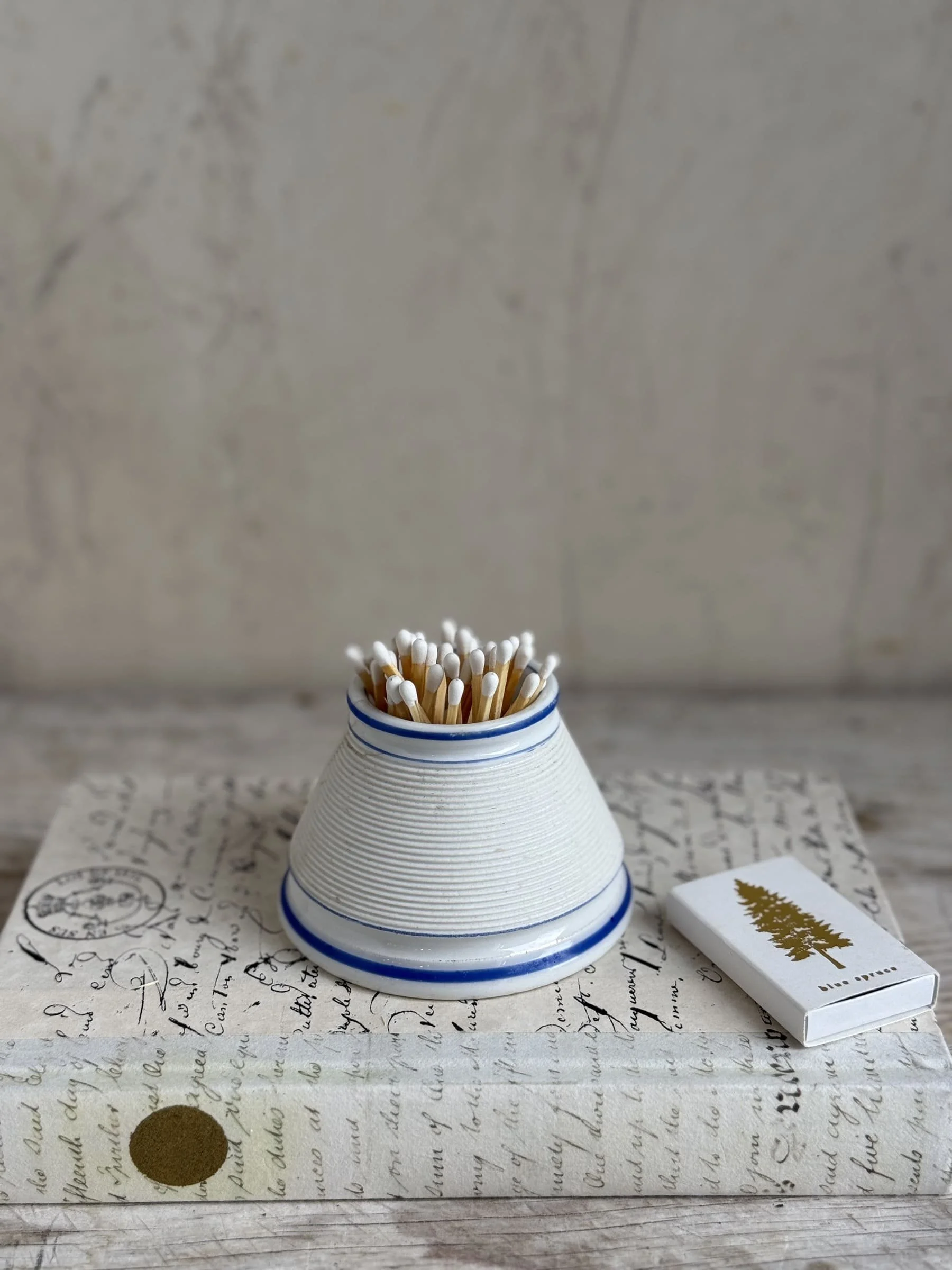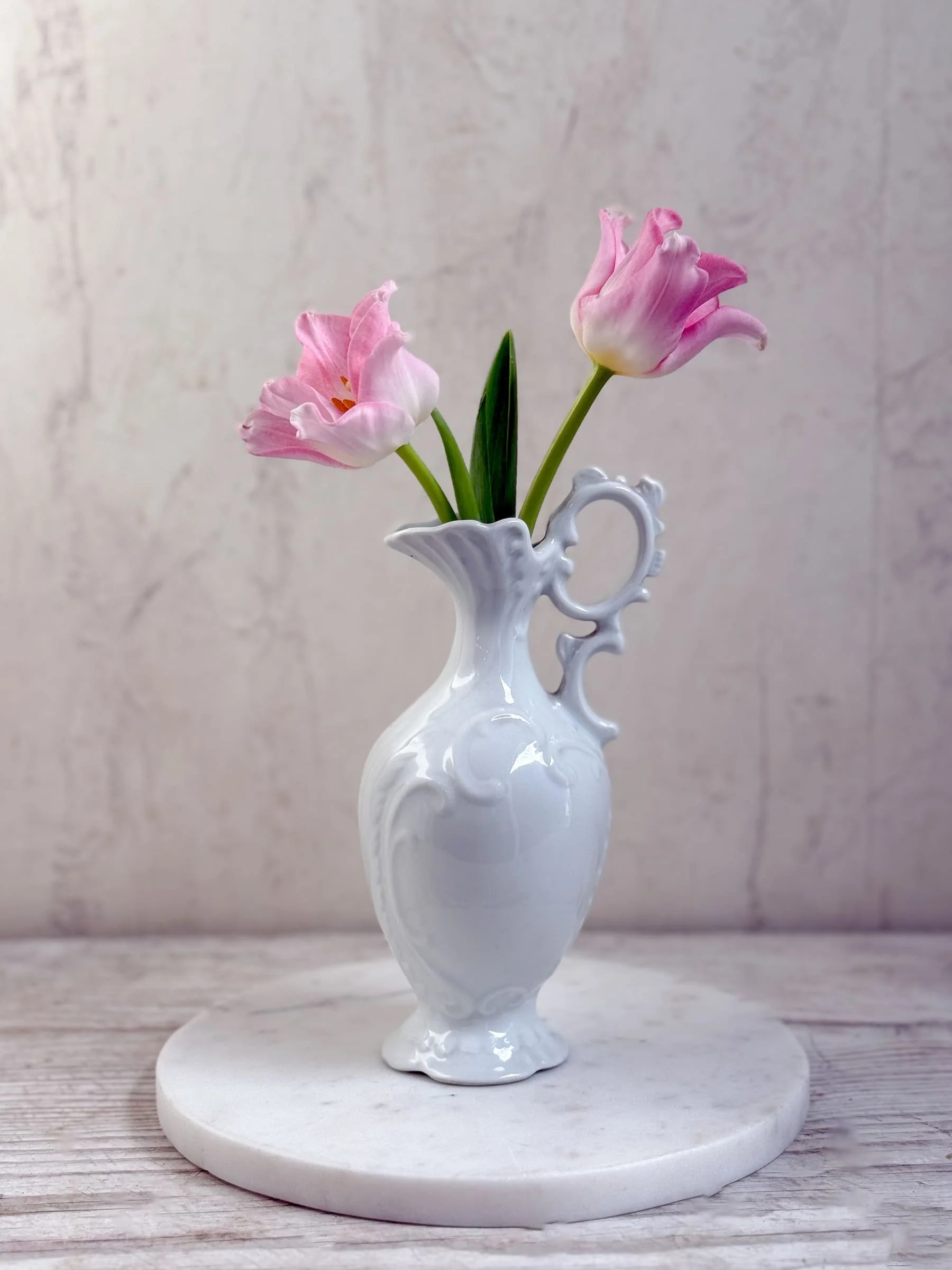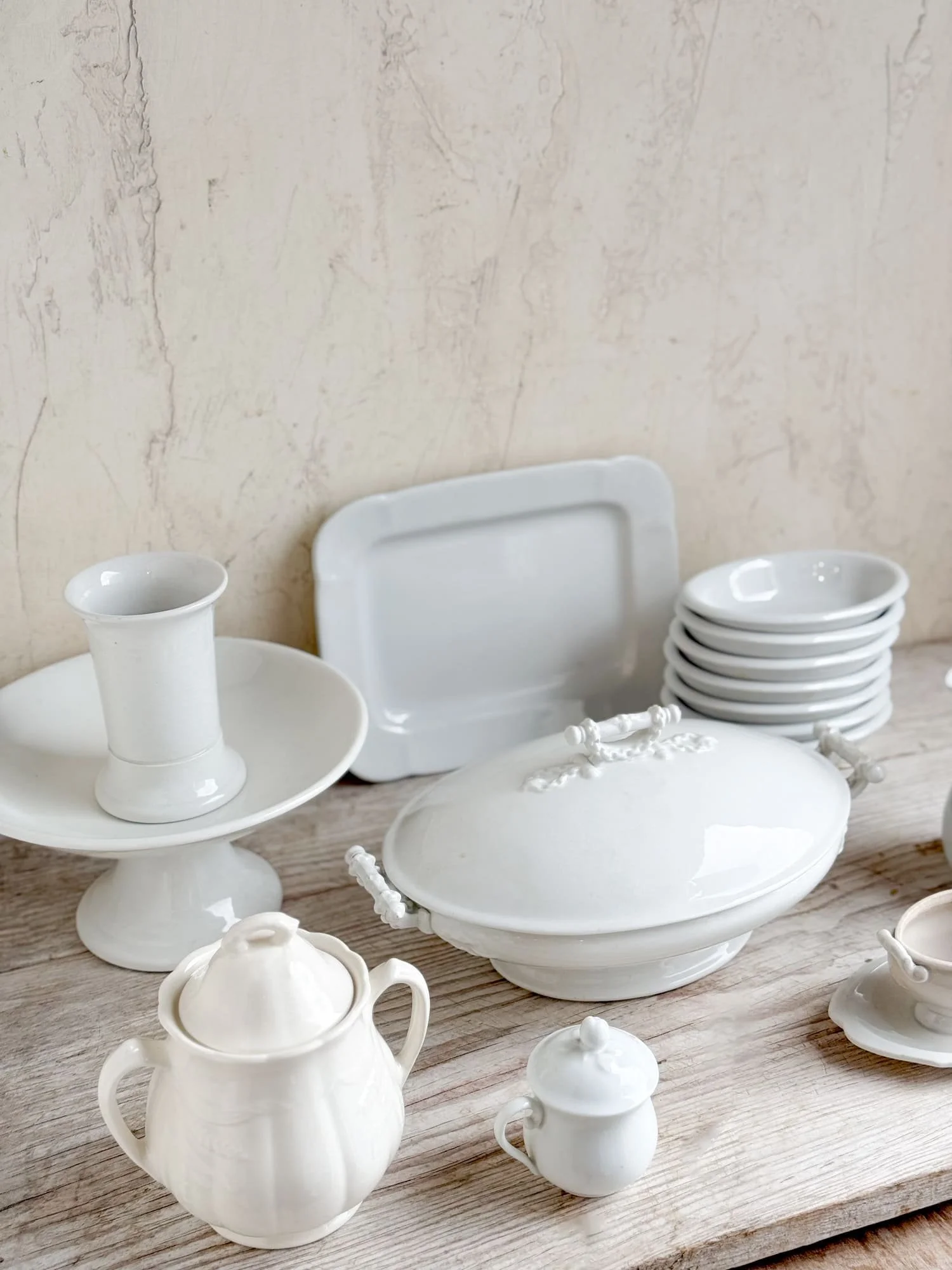Antique and Vintage Ironstone
Today we’re going to teach you everything you need to know about old ironstone pottery! Discover its origins and the many ways we use it here at Les Fleurs.
What is Ironstone?
Ironstone is a type of stoneware pottery known for its durability and strength, and tends to be heavier than other types of pottery. It’s made of Cornwall clay and feldspar and baked at incredibly high temperatures with a glaze making it impermeable to water.
The recipe and process for manufacturing ironstone was originally developed by Turner Pottery in Staffordshire, England in 1800. However, Mason’s pottery, also in Staffordshire, patented the term “Ironstone China” in 1813 and is still credited today for its creation.
The earliest ironstone had cobalt blue in the recipe which gave it a blue-ish white or gray tone. Over the years, many different styles of ironstone were created, including transferware which had designs transferred onto the pottery in shades of brown, blue and red. At Les Fleurs, we love blue transferware for the spring and summer, brown transferware ironstone for fall and red transferware for Christmas. It’s the perfect statement piece for your dining-room table!
Ironstone at Les Fleurs
Originally, ironstone pitchers, tureens, crocks, platters and other dishes were mostly intended to be used for food due to the impermeable feature of the glazing. Antique and vintage pieces may be food safe if the piece has been well preserved. Like any antique, some pieces have been loved. Be aware of any hairline cracks, chips or extensive crazing of the glaze, which would make the surface porous and unsafe for food use.
Like many antiques, we love to repurpose ironstone as vessels for flowers, dried or fresh! Pitchers make wonderful vases for hand-tied bouquets or gathered flowers from your garden, while smaller cups and crocks make the cutest bud vases! If you’ve been to one of our French-tureen floral-design workshops, you’ll know why we love to use ironstone tureens for floral arrangements.
And finally, we simply love to show off the pieces in a French antique étagère (shelf) or wall rack. Mix and match ironstone pieces of different sizes and heights to add depth and create a non-uniform display.
Markings
To learn about each piece of antique and vintage pottery, look for the markings on the underside of the piece. Ironstone from England and France will usually have the manufacturer’s “hallmark” and location stamped on the bottom. English potters with a Royal Warrant included the Royal Arms in their stamp. Those with a “diamond registry” marking show the date when it was made!
Ironstone was known by several names such as ironstone china, stone china, new stone, semiporcelain, English porcelain and royal ironstone. Late 19th-century pieces were also labeled graniteware, stoneware, pearl china or feldspar china.
Want to add to your collection or acquire a piece of your own? Shop ironstone below to browse through our available pieces.
If you already have a collection or favorite piece, feel free to share the details with us on our Instagram or in the comments below. We would love to hear from you!
À bientôt,
The Fleurettes






